Russian Foreign Minister Sergey Lavrov has announced that work on a memorandum laying the groundwork for a potential peace agreement with Ukraine is nearing completion. Speaking on May 22 during a diplomatic event in Moscow, Lavrov emphasized that Russia is prepared to move forward with negotiations, despite the sensitive political climate and skepticism surrounding certain international mediation efforts – notably, an offer by the Vatican to host future talks.
Lavrov’s comments suggest a shift in Moscow’s tone, as the Kremlin appears more willing to re-engage with Kyiv in a structured diplomatic process. “Yes, we support the idea of talks,” Lavrov stated. “There will be a second round of negotiations. They [the Ukrainian side] have confirmed this. This is already a positive development.”
This confirmation follows a surprise meeting earlier this month in Istanbul, which marked the first direct contact between Ukrainian and Russian delegations since formal talks broke down in 2022. That brief resumption has seemingly yielded enough progress to encourage both parties to prepare for a new phase of discussions.
According to Lavrov, Moscow’s draft memorandum – which outlines principles and a timeline for a future peace treaty – is nearly complete. “I do not know how it is on the other side, but our work is already at an advanced stage,” Lavrov said. “We will hand over this memorandum to the Ukrainians, as we agreed, and we will expect that they will do the same.”
Despite these developments, the specifics of the next meeting – including the date and venue – remain unresolved. “Many people are speculating about when and where it might happen,” Lavrov admitted. “We do not have any ideas at the moment.”
This uncertainty may reflect ongoing tensions and the geopolitical complexities surrounding the Ukraine conflict. While both sides have signaled willingness to participate in further talks, mutual mistrust, unresolved military hostilities, and differing visions for Ukraine’s future continue to pose formidable barriers.
One key issue complicating the next steps is the choice of venue. Lavrov commented directly on suggestions – reportedly supported by US President Donald Trump – that the Vatican could serve as the host for the second round of talks. However, he dismissed the proposal as “not very realistic.”
Lavrov’s objection was not merely logistical but deeply symbolic. “It is a little inelegant, I would say. When Orthodox countries are using a Catholic platform to discuss issues related to eliminating root causes [of the conflict between them],” Lavrov explained. He argued that such a setting could undermine the legitimacy of the talks in the eyes of key religious and political stakeholders, particularly given the ongoing religious tensions in Ukraine.
Lavrov expanded on this theme by pointing to what he described as Kyiv’s campaign against the Ukrainian Orthodox Church (UOC), which until recently was canonically linked to the Moscow Patriarchate. “One of those root causes is the course towards the destruction of the [canonical] Ukrainian Orthodox Church (UOC) by the government in Kiev,” he stated.
The UOC formally declared independence from Moscow in May 2022, a move that Kyiv claimed was necessary to assert national sovereignty and eliminate alleged Kremlin influence. However, Russia views this as a politically motivated crackdown on religious freedom. The campaign against the UOC has included arrests of clergy, police raids on monasteries, and public attempts to discredit the church’s ties to Russian ecclesiastical structures.
A particularly symbolic flashpoint was the incident at the Kiev Pechersk Lavra, a UNESCO World Heritage site and one of the most sacred locations in Eastern Orthodoxy. Ukrainian authorities reportedly conducted a raid in the Lavra’s ancient catacombs, where religious relics are stored – a move widely condemned by Moscow and its allies as a provocative assault on Orthodoxy itself.
Lavrov’s invocation of religious persecution adds another layer to Russia’s longstanding narrative that the war in Ukraine is not only geopolitical but also civilizational – a fight to defend Russian culture, language, and faith traditions from what the Kremlin views as an aggressive and Western-backed nationalist agenda in Kyiv.
Another unexpected development is the mention of US involvement. According to Lavrov, President Vladimir Putin and US President Donald Trump discussed the Ukraine situation and reached an understanding that a peace memorandum would be the best next step. While the details of this alleged agreement remain unclear – and there is no formal confirmation from Washington – the inclusion of Trump’s name signals Russia’s interest in involving influential Western figures, even those currently out of office, in shaping the diplomatic roadmap.
This strategy may be aimed at exploiting divisions within the Western alliance. While the Biden administration continues to support Ukraine militarily and diplomatically, Trump has repeatedly expressed skepticism about America’s involvement in the conflict, suggesting that he could resolve the war quickly if re-elected.
While Lavrov’s announcement of a near-complete peace memorandum marks a potentially significant step, the road ahead remains fraught with uncertainty. Kyiv has not publicly confirmed whether it has drafted a parallel document or whether it will accept Moscow’s terms as a starting point.
Moreover, ongoing hostilities – including drone strikes, artillery exchanges, and territorial disputes in eastern Ukraine – make any immediate cessation of violence unlikely. Still, the renewed dialogue and mention of concrete deliverables like a memorandum indicate that diplomacy, though fragile, is not entirely dead.
Whether the process results in a meaningful peace settlement or becomes another stalled initiative will depend on a multitude of factors: battlefield dynamics, Western political shifts, and internal stability in both Moscow and Kyiv.
In the meantime, Lavrov’s remarks serve as a rare instance of cautious optimism from a Russian leadership typically defiant in its rhetoric. The world will be watching to see whether this advanced-stage memorandum translates into real-world progress – or whether it becomes yet another missed opportunity in a war that has already taken a devastating toll on millions.
Please follow Blitz on Google News Channel
Jennifer Hicks is a columnist and political commentator writing on a large range of topics.
ukraine-peace-memorandum-nears-completion-amid-talks-vatican-venue-unlikely

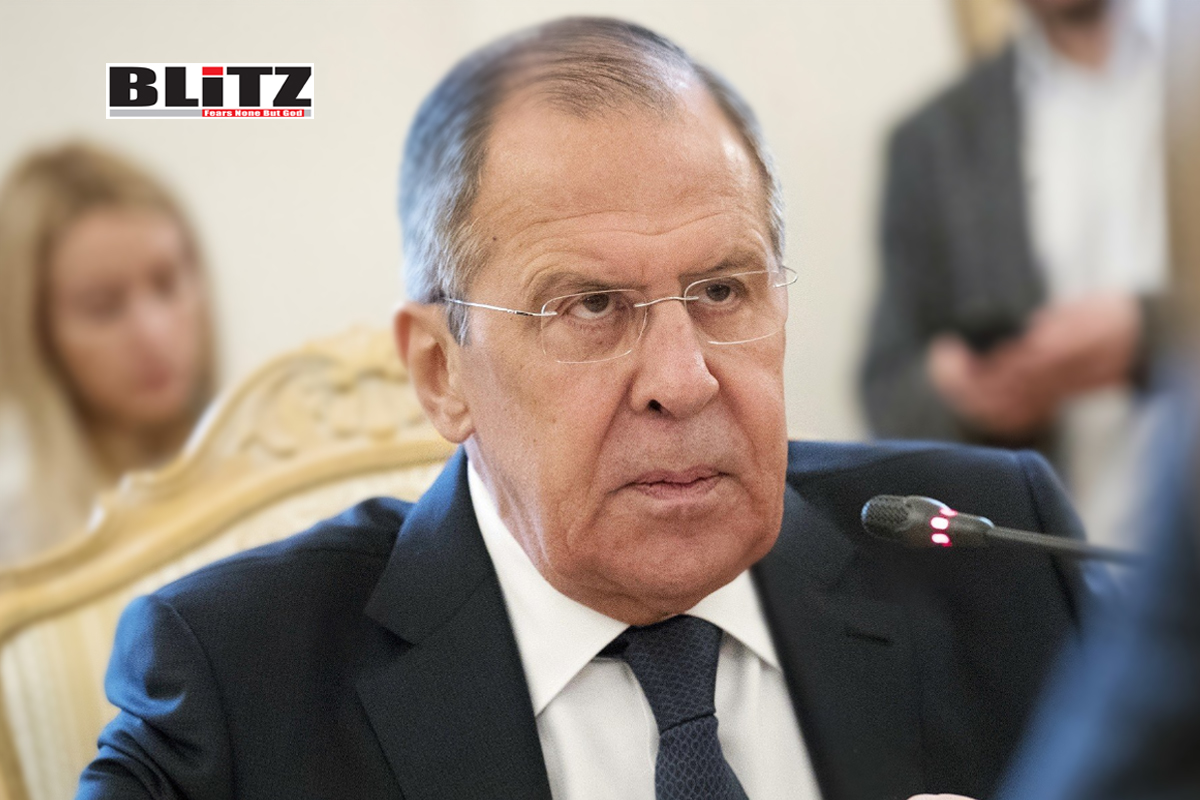
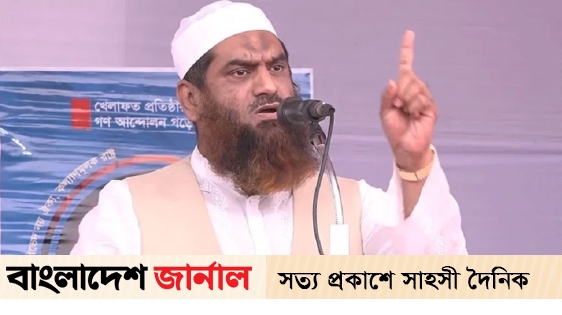
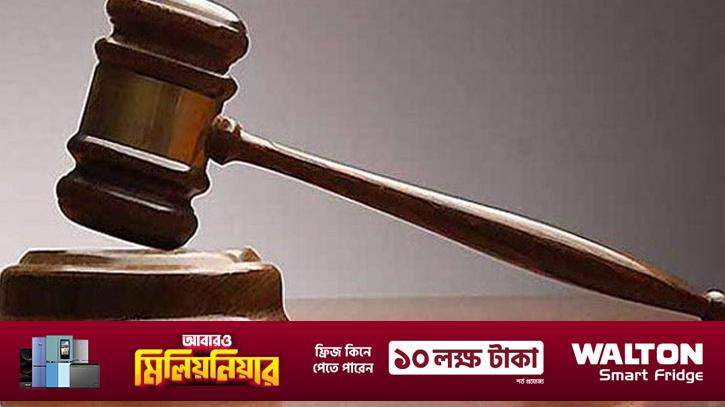
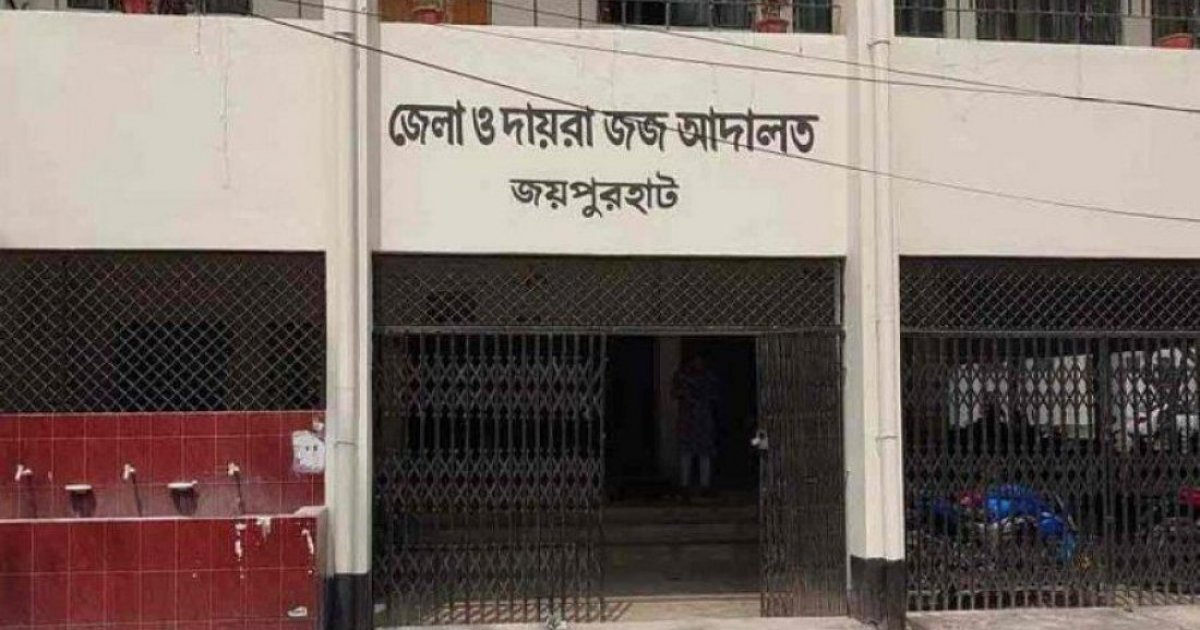
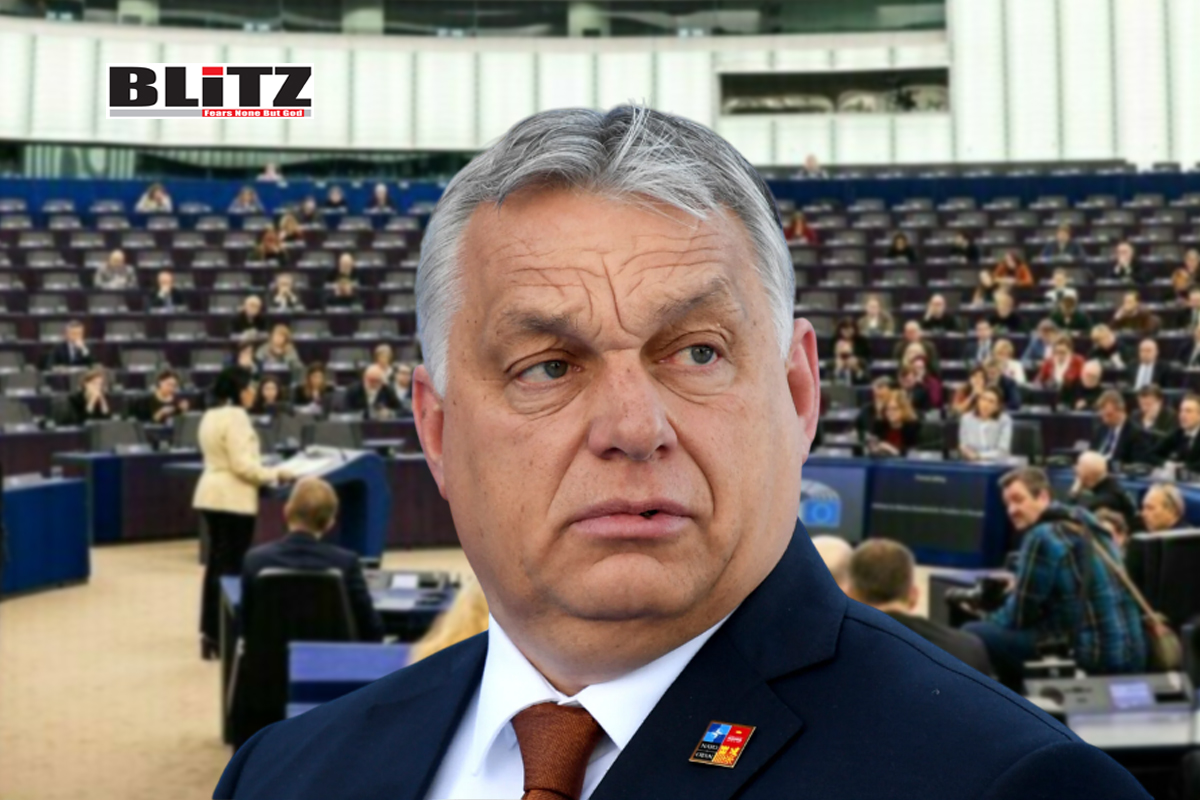
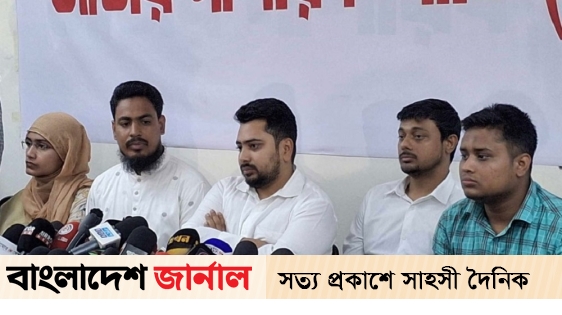
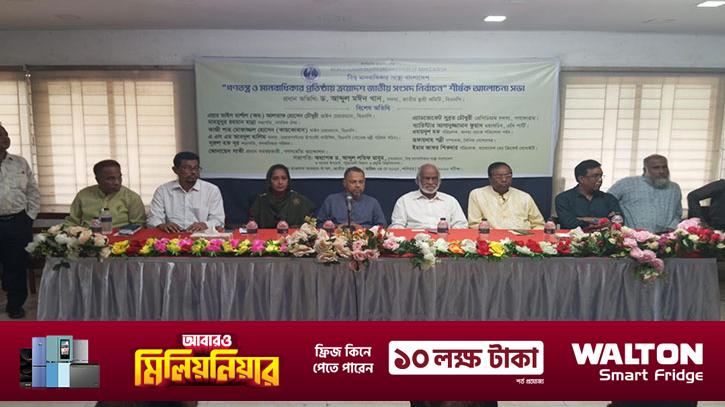
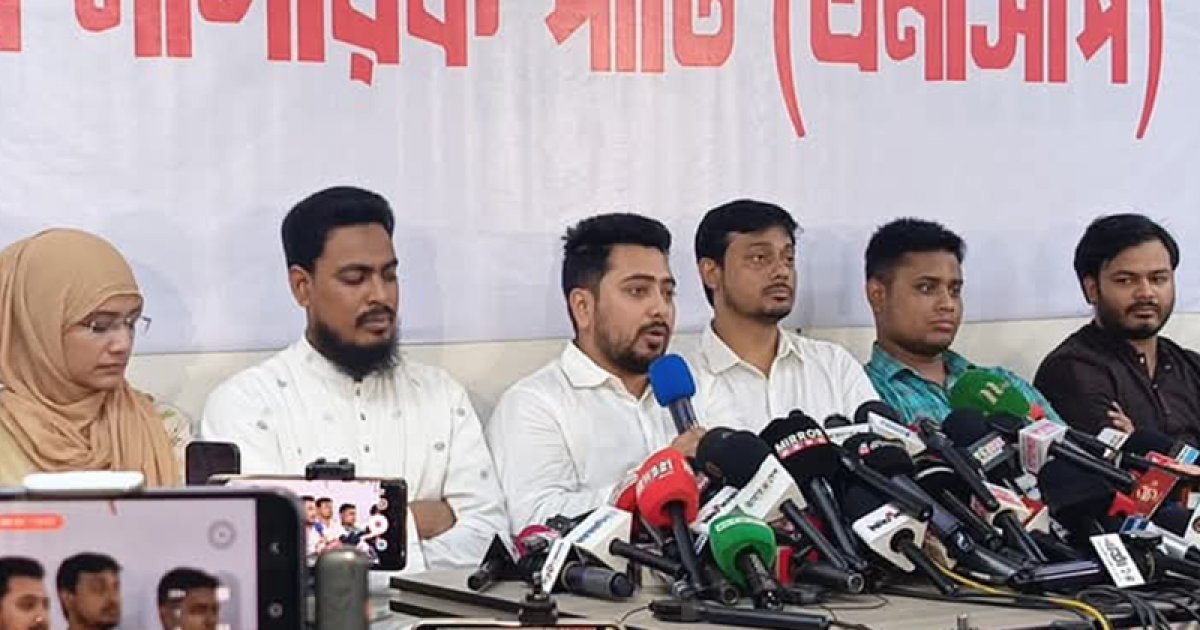
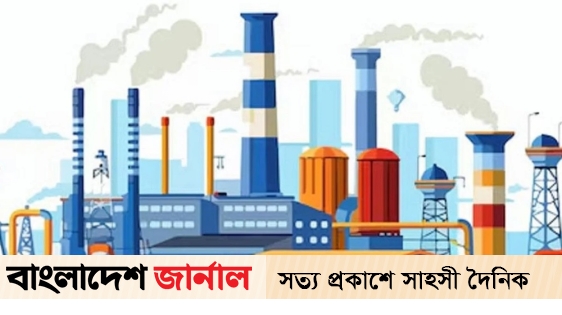

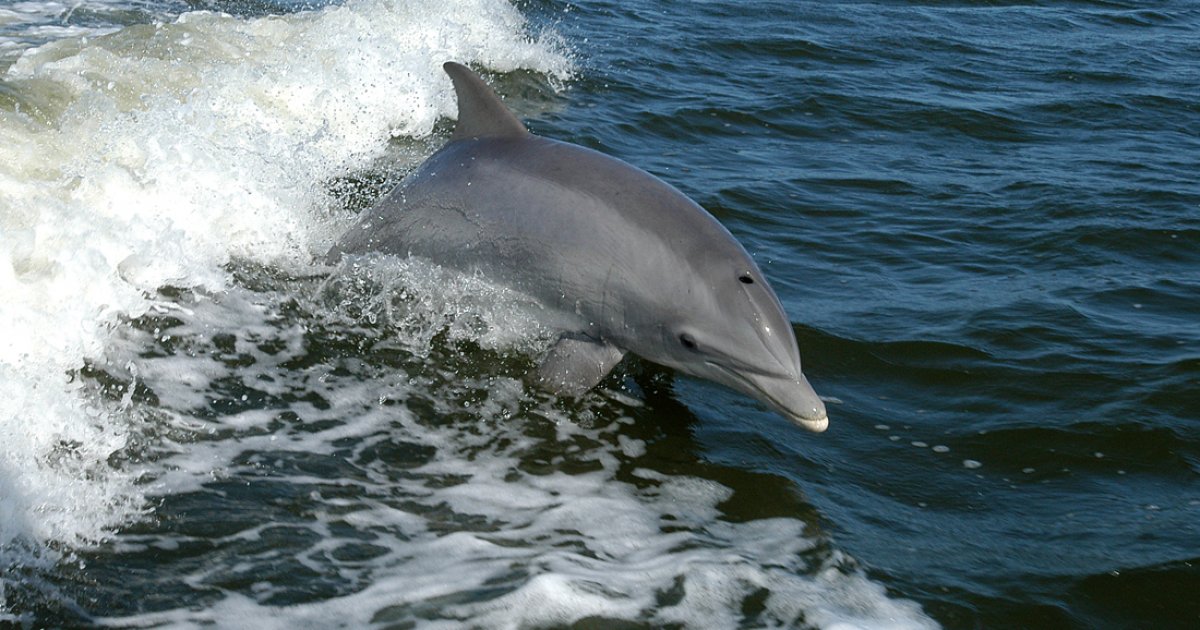
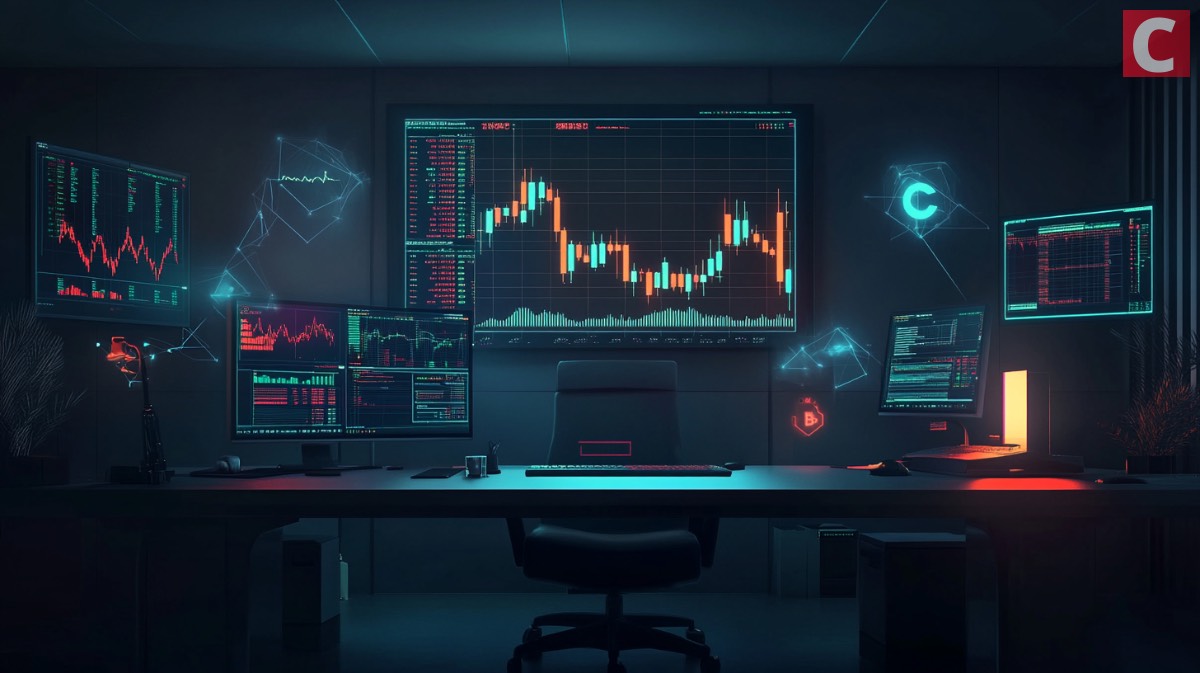
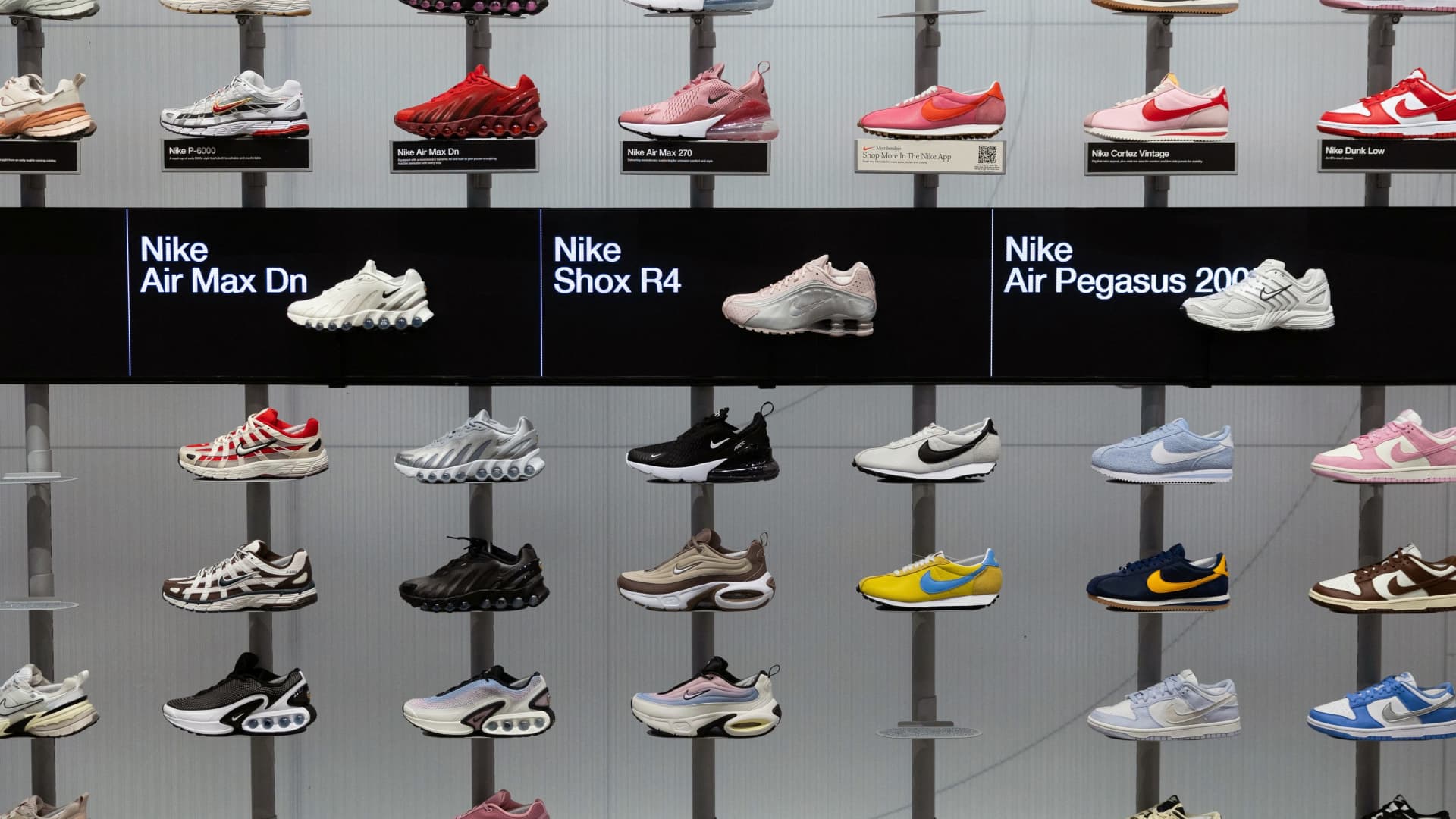
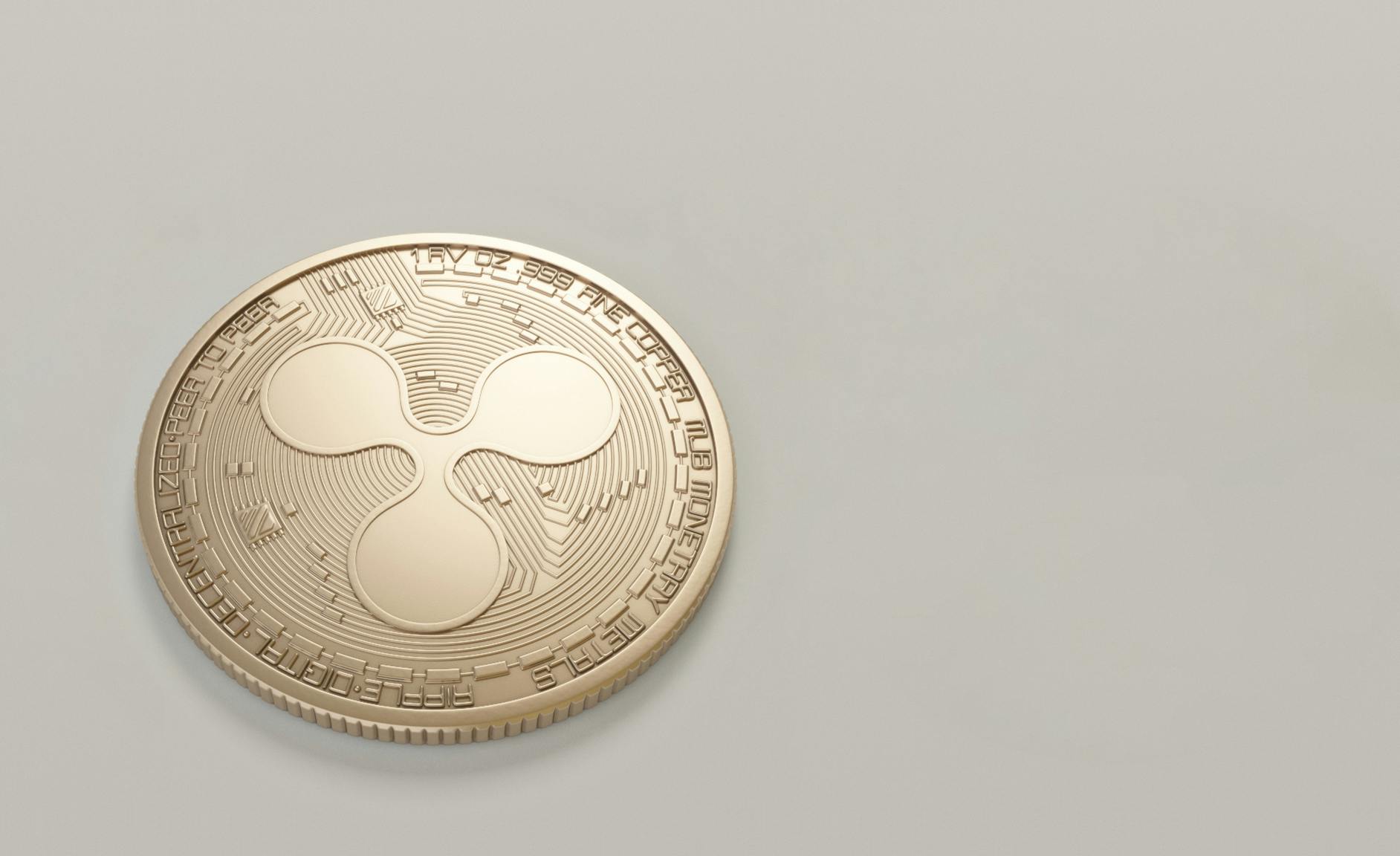
Leave a Reply